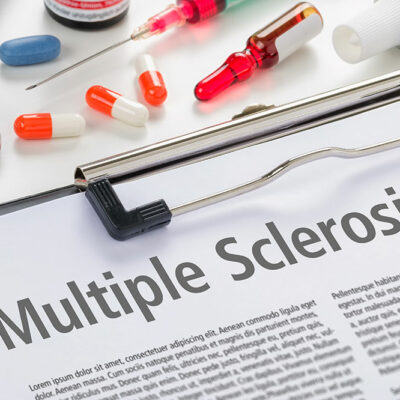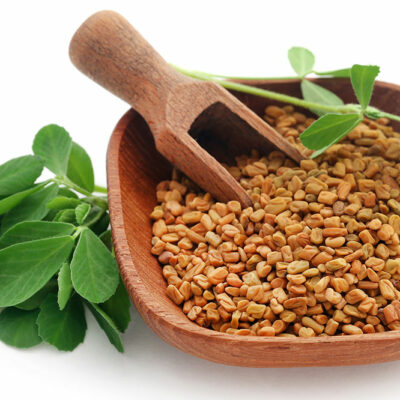
Health
Common Causes Of Atrial Fibrillation
Atrial fibrillation (AFib) is an irregular or increased heart rate that can lead to cardiovascular issues such as blood clots, stroke, and heart failure. Some AFib patients may be asymptomatic in the early stages, but as the condition develops patients may experience a rapid heart rate (arrhythmia), chest pain, malaise, and extreme fatigue. There are many common causes of atrial fibrillation, including: 1. Coronary artery disease Coronary artery disease is the build-up of plaque in the arteries. This leads to narrowing and blockage of passageways that blood flows through. This plaque build-up decreases blood flow, increases pressure, and enlarges arteries. Those with CAD have an increased risk of developing atrial fibrillation due to inflamed arteries causing increased heart rate. 2. Heart attack The lack of a consistent blood flow means that the blood has a decreased level of oxygen. This lack of blood flow decreases oxygenation of the blood. Decreased oxygen can lead to a heart attack, which in turn causes long-term complications such as atrial fibrillation. 3. Congenital heart defect Some examples of congenital heart defects are aortic valve stenosis, pulmonary valve stenosis, and the tetralogy of fallot. All of these conditions cause the heart muscle to thicken, restricting blood flow.
Read More 















